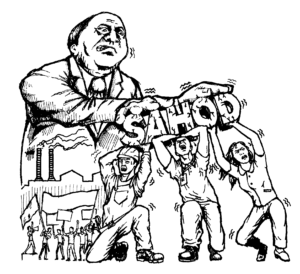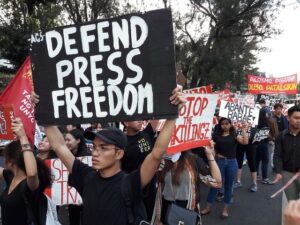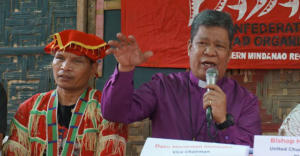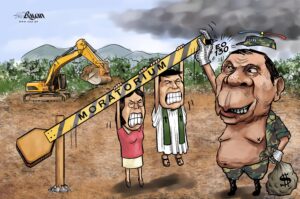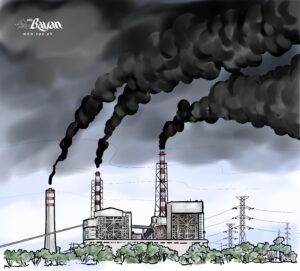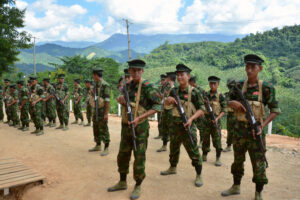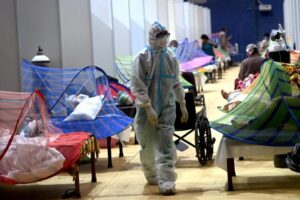Community pantries reflect hunger and Duterte's failed pandemic response

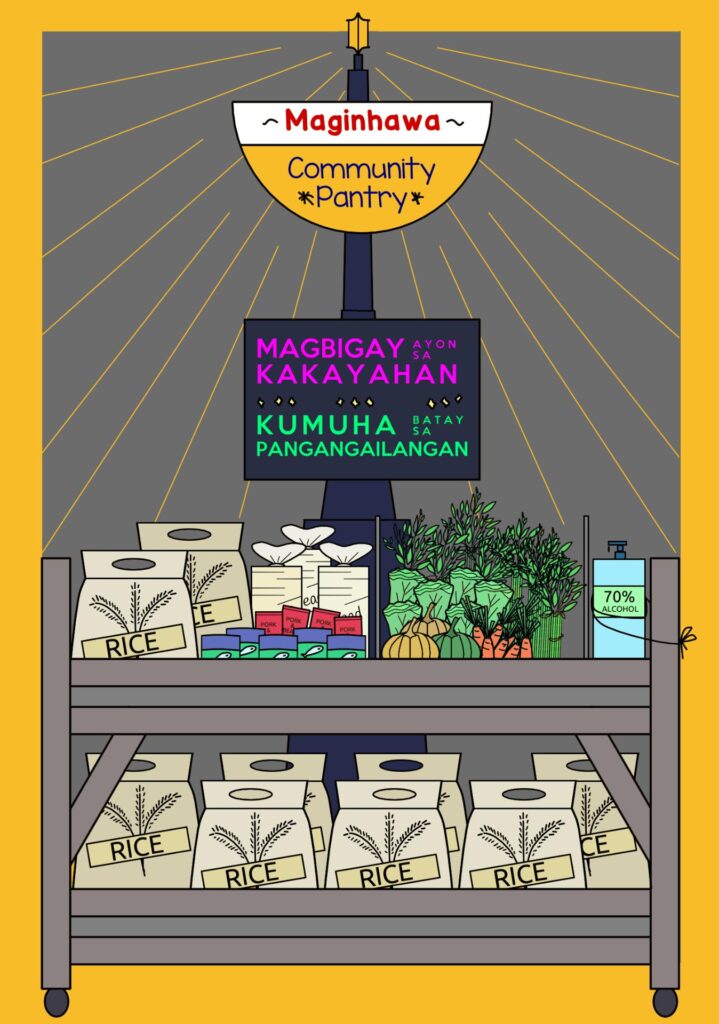
Community pantries have sprouted in various parts of the country in the past three weeks. These aim to provide immediate and temporary aid for Filipinos who have lost their jobs or those who have not received sufficient aid from the reactionary government. This initiative was known for its tagline: “contribute based on your capacity, get according to your need.”
There are now 1,067 communities in the country, initiated by ordinary people, personalities and organizations. These offer rice, vegetable, canned goods and other food products enough for one day or meal. There were long queues in more established pantries from early morning until dawn.
The Communist Party of the Philippines (CPP) said, “these mutual help initiatives are a strong rebuke and indictment of the gross failures of the Duterte government to provide for the needs of the people amid the Covid-19 pandemic and the worsening economic conditions.”
Inspiration of Maginhawa Community Pantry
The community pantry idea started with a small cart of vegetables, canned goods, rice and other food stuff put up by Ana Patricia Non, a small business woman, during the third week of April along Maginhawa St., Barangay Teachers’ Village East, Quezon City. She said that the initiative was started because she is already “tired” of the government’s inaction or inefficient response amid the crisis.
The initiative inspired many others to set up more community pantries across the country. Hundreds were put up by the youth, villagefolk, charitable individuals and personalities. Pantries were also put up by democratic ogranizations in urban areas. In some places, the distribution of aid was conducted along with the signing of petitions demanding the distribution of a ₱10,000 subsidy and Duterte’s resignation for his failed response to the economic crisis.
Community pantries were also put up by various religious institutions within their respective vicinities. The Catholic Bishops Conference of the Philippines (CBCP) urged all parishes and organizations to replicate this mutual aid initiative. Organizations of artists, musicians and many other personalities also opened their community pantries.
Red-tagging and sabotage by the Duterte regime
The initiative gained more support after the spokesperson of the National Task Force to End Local Communist Armed Conflict (NTF-ELCAC) red-tagged community pantries. State forces subjected some pantries to surveillance and threatened organizers. In Cagayan de Oro, they distributed fliers to vilify the organizers of two community pantries. The agency also launched a vilification campaign against Non who was compared by Gen. Antonio Parlade to Satan in one of his statements.
Parlade and the NTF-ELCAC were met with widespread criticism because of these attacks. These have further strengthened calls to defund the task force which have reached the Senate and Congress which have threatened to investigate the allocation of funds to the agency, as well as Parlade.
Failing to suppress the pantries through harassment, the military and police rode on its concept. A memorandum issued by the Philippine National Police (PNP)-Region 10 was leaked revealing an order to all its units to conduct activities, imitating community pantries which they dubbed “Barangayanihan.” It ordered its units to “plant beneficiaries,” and take pictures to “manifest community’s appreciation.” The PNP itself admitted that the order to “hijack” the concept of community pantries came form “higher ups,” to “gain ground in fight against insurgency.”
“No amount of counterfeit ‘bayanihan’ activities can change the bloody fascist and bloody record of the PNP. Because of their fascist abuses, crimes and suppression of the people, the people hate the police and military to the marrow of their bones,” said the CPP in response to this scheme.


